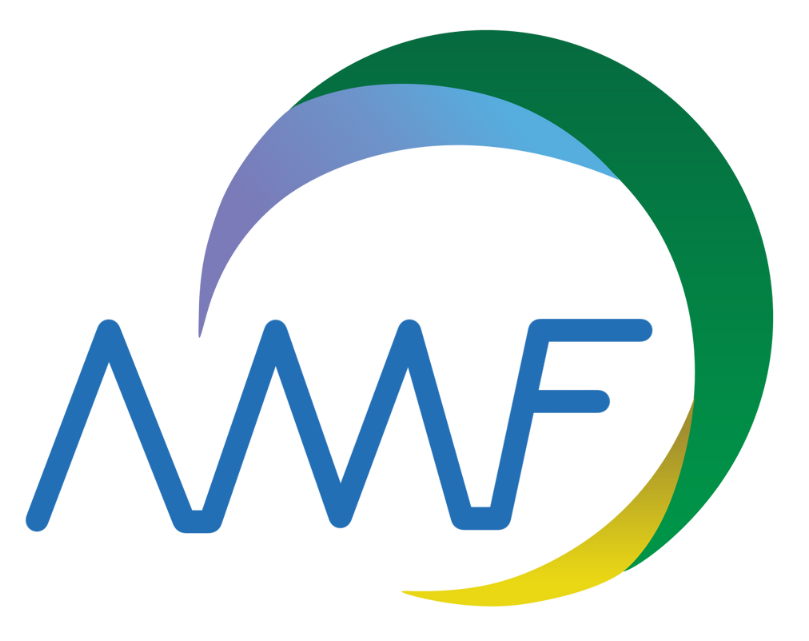Capacity Building Sustainability and Value Added in Agricultural Supply Chains in Indonesia (SASCI+): Capacity building on Sustainable Coffee in West Java

Executive Summary
The Sustainability and Value Added in Agricultural Supply Chains (SASCI+) program is an initiative by GIZ in collaboration with Indonesia’s Ministry of Agriculture to enhance the sustainability of production, processing, and market access for key commodities such as coffee, cocoa, rubber, and palm oil. In West Java, the project supports 1,000 coffee farmers in the Preanger region to improve productivity, climate resilience, and the application of Good Agricultural Practices (GAP), aiming to increase income, strengthen farmer organizations, and build gender-sensitive, deforestation-free supply chains. Through partnerships with the private sector, SASCI+ seeks to establish a more resilient coffee production system, diversify farmer income, and contribute to sustainable natural resource management.
Background
Agricultural commodities such as coffee, cocoa, rubber, and palm oil play an essential role in economic development but still face sustainability challenges due to practices leading to deforestation and land degradation. The SASCI+ project, implemented by GIZ, aims to promote sustainable production, strengthen post-harvest processing, and expand market access to improve farmer welfare, protect natural resources, and build deforestation-free supply chains. In West Java, SASCI+ supports 1,000 coffee farmers across the Java Preanger region (covering West Bandung, Bandung, and Garut Regencies) to improve productivity, climate resilience, and sustainable practices, thereby increasing income and reducing the gap toward living income. The project also strengthens farmer organizations and mainstreams gender considerations. The implementation of Good Agricultural Practices (GAP) is a crucial component, providing benefits such as income diversification, risk reduction, productivity enhancement, deforestation prevention, and improved soil management. The initial phase includes the development of context-specific GAP training materials and conducting Training of Trainers (ToT) sessions for seven agronomists and trainers to support farmer capacity building.
Client
Deutsche Gesellschaft für Internationale Zusammenarbeit (GIZ)
Year
2023-2024/Indonesia
Location
West Bandung Regency, West Java
Objectives of the Intervention
- To implement Good Agricultural Practices (GAP) tailored to the specific context and needs of the local coffee sector.
- To develop a GAP manual and training module for trainers.
- To equip selected trainers with the knowledge, skills, and tools required to effectively teach GAP to local farmers, ensuring that the training is accessible and delivers tangible impact.
Implementation
- Conducted analysis and studies on field needs, conditions, and situations.
- Developed a GAP training module.
- Conducted a Training of Trainers (ToT) programme.
- Organised a workshop to present and evaluate the outcomes of the training and developed module.
Hasil Utama dan Keluaran
- Studi literatur dan kunjungan lapangan melalui FGD, wawancara, dan observasi menghasilkan beberapa temuan utama terkait situasi kopi di Jawa Barat, yaitu: pentingnya kolaborasi multipihak; keterbatasan akses modal dan kapasitas manajemen petani; adanya isu sosial termasuk keterlibatan perempuan dan kesenjangan upah; penerapan praktik GAP yang masih memerlukan pendampingan; serta kebutuhan praktik adaptif terkait kondisi lingkungan, iklim, dan kepatuhan pada regulasi keberlanjutan.
- Pengembangan modul pelatihan disusun berdasarkan data yang diperoleh dari hasil studi dan kunjungan lapangan, sehingga materi yang dihasilkan relevan, kontekstual, dan selaras dengan kebutuhan spesifik petani kopi di Jawa Barat.
- Lokakarya konsultasi modul yang melibatkan pemangku kepentingan menghasilkan masukan berharga untuk penyempurnaan modul dan manual, sehingga materi pelatihan menjadi lebih komprehensif, aplikatif, serta sesuai dengan harapan dan standar para pemangku kepentingan proyek
- Pelatihan diikuti oleh 27 peserta yang terdiri dari Agronomis Indocafco, perwakilan KUPS, koperasi, LMDH, serta Penyuluh Pertanian Kabupaten Bandung. Materi pelatihan meliputi Standar Praktik Pertanian Baik dan Berkelanjutan untuk Budidaya Kopi, mulai dari persiapan lahan, pembibitan, penanaman, pemeliharaan, panen, hingga pembahasan permasalahan dan solusi. Kegiatan berlangsung di dua lokasi di Kabupaten Bandung, dengan kombinasi sesi kelas dan praktik lapangan di lahan petani serta pusat pelatihan, sehingga peserta memperoleh pemahaman teoritis sekaligus pengalaman praktis.
Main Outputs and Deliverables
Literature reviews and field visits through FGDs, interviews, and observations identified several key findings regarding the coffee situation in West Java, including: the importance of multi-stakeholder collaboration; limited access to capital and farmers’ management capacity; social issues such as women’s participation and wage inequality; the need for continuous assistance in implementing GAP; and the importance of adaptive practices aligned with environmental conditions, climate, and sustainability regulations.
The development of the training module was based on data collected from studies and field visits, ensuring that the materials produced were relevant, contextual, and aligned with the specific needs of coffee farmers in West Java.
The module consultation workshop, involving key stakeholders, generated valuable feedback for refining the manual and training materials, resulting in more comprehensive, applicable, and stakeholder-aligned content.
The training was attended by 27 participants, including Indocafco agronomists, representatives of KUPS, cooperatives, LMDH, and agricultural extension officers from Bandung Regency. The training covered Good and Sustainable Agricultural Practice Standards for Coffee Cultivation, from land preparation, seedling, planting, maintenance, and harvesting, to problem-solving discussions. The sessions were conducted in two locations in Bandung Regency, combining classroom learning and practical field sessions at farmers’ plots and training centres, allowing participants to gain both theoretical understanding and hands-on experience.
Challenges Encountered
- Findings on agricultural practices were relatively complex.
- Selecting participants with strong commitment and appropriate targets proved challenging.
Lessons Learned
- In-depth analysis and tailored approaches are necessary when developing training modules.
- It is essential to ensure that selected participants are well-suited to the objectives to maximise the effectiveness of training sessions.

Anwar Muhammad Foundation
Jl. O Kavling No. 12, RT. 10 RW. 14, Kebon Baru, Tebet, Jakarta Selatan – Indonesia 12830